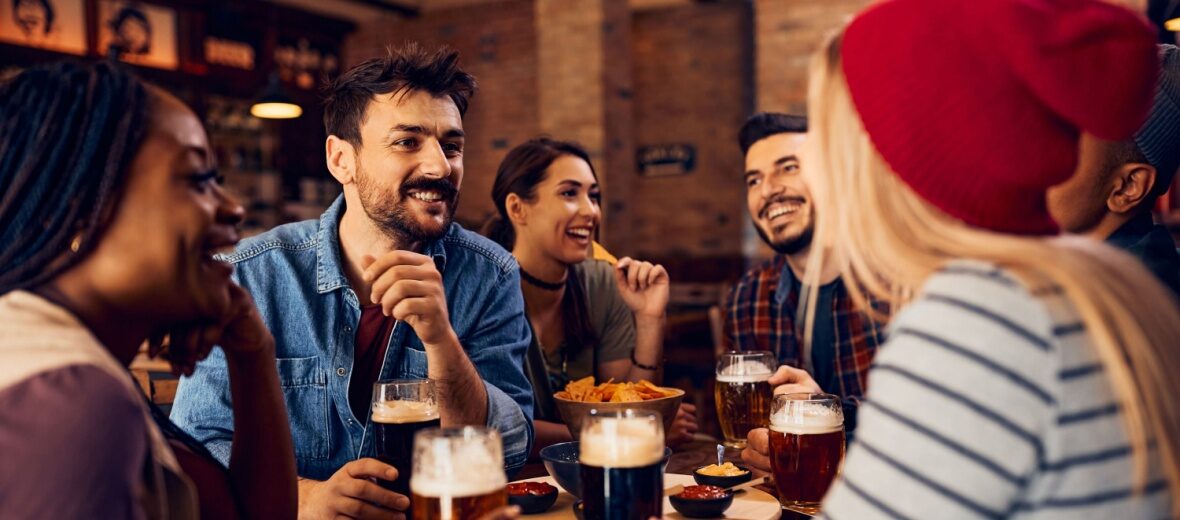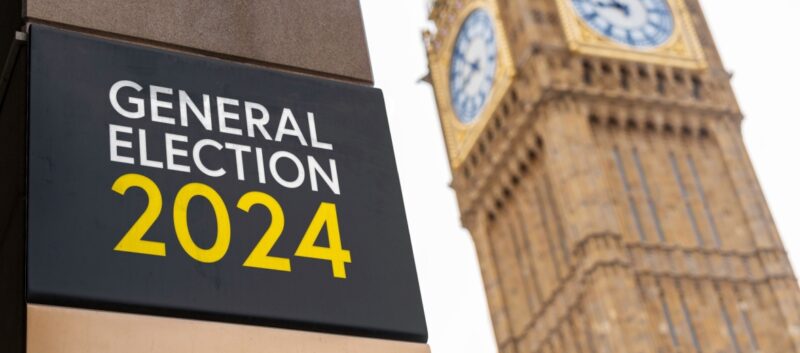If you can excuse the pun, these are heady times to be a beer drinker.
According to Statista, the number of breweries in the UK increased from 1,489 in 2018 to more than 2,400 just four years later.
The dramatic increase is primarily down to the rise of small regional brewers, which has, in part, been driven by the growth of micropubs, giving them an outlet to sell their produce, and the growing popularity of beer festivals.
For the keen ale afficionado, this has resulted in a vast range of available beers. Whereas, a couple of decades ago the choice was limited to a much narrower range based on what you could find in your local pub.
The rise of micropubs
The term “micropub” has commonly been used to describe a very small but otherwise traditional public house.
However, in the past 20 years, it has taken on a new meaning, and is now used to denote a small, independent pub serving a range of cask ales.
Crucially, the new micropubs are typically independent and have adopted a business model that keep start-up and ongoing costs low. They are also deliberately designed to attract a somewhat different clientele than you are likely to find in your local pub.
So successful has this model been that that Sanderson Weatherall report that while the first micropub only opened in 2005, by 2022 there were more than 500 of them. In contrast, according to the Daily Mail, traditional public houses are closing at the rate of 29 a week.
Each micropub offers a variety of different beers
While traditional pubs use pumps to draw beer up from a cellar, or use pressurised barrels, micropubs pour beer straight into your glass from casks kept in a room behind the bar. Not only does this keep costs down in terms of space required, but it also keeps the outlay on potentially expensive equipment to a minimum.
In contrast to the one or two ales you’ll find in a pub, micropubs will usually have an ever-changing range of five or six beers at a time. These will usually be brewed by the small regional brewers you read about earlier. Once a barrel – usually containing around 70 pints – is finished, a new one takes its place.
Most micropubs like to “keep it local” and support brewers within a radius of sometimes just 10 miles of their venue, though others will spread their net further afield.
They will provide food, but this will be traditional pub fayre such as scotch eggs and sausage rolls, keeping costs down further by not requiring cooking equipment.
Perhaps most importantly, there will be no music or electronic machines, with the intention of creating a relaxed and welcoming environment where people can enjoy different types of beer.
It’s an atmosphere designed to attract the solo drinker who just fancies a quiet pint, as well as groups of people.
You don’t have to be an expert to enjoy a beer festival
The expansion of micropubs, and the increase in the number of smaller independent brewers has also driven the growth and popularity of beer festivals.
More and more people are discovering that festivals are a great way to sample new beers and reacquaint yourself with old favourites, in very convivial surroundings.
I admit that, for the uninitiated, hearing the term “beer festival” is likely to conjure up an image in your mind of stereotypical real ale aficionados – usually bearded men – solemnly exchanging notes about obscure high-strength beers.
Yet, while there is still an element of that, these days beer festivals are purposely designed and organised to attract a much more cosmopolitan crowd and are far more welcoming to non-beer drinkers.
As is the case with micropubs, you’ll be given the chance to taste a sample before you buy. Beer is sold in half-pints or pints, so you have the opportunity to try as many as you want or find a favourite and stick to it.
There will be food and non-alcoholic drinks provided, plus the larger festivals will often include entertainment such live music and quizzes.
Small- and medium-sized festivals are typically held in community centres and sports clubs, while the larger ones will take place in big conference centres and other venues that can comfortably accommodate a substantial number of people.
Most festivals are one-day events, but some stretch over a whole weekend.
There’s a big range of festivals in the UK
When I originally set out to write this article, I had intended to make it a “best beer festivals” type of list.
However, I was soon struck by the remarkable number of festivals that now take place across the UK. Most towns will have their own event, run by the local branch of CAMRA (the Campaign for Real Ale) or an independent group.
CAMRA themselves run two national beer festivals each year. A summer festival is held in London (although this year it has been cancelled due to issues with the venue) and a winter event is held in the north of England.
While I’m not going suggest these are the best, there are three others that I believe are deserving of attention, and that illustrate the types of beer festivals that take place.
1. The Keswick Beer Festival
Usually held in June each year, this is the biggest beer festival in the north of England and has been running since 1998.
2. The Deal Folk & Beer Festival
A great example of a festival combined with another attraction. Sometimes it will be food or comedy, and in this case it is music.
3. The Arboretum Beer Festival, Nottingham
An example of an innovative attraction being used for a festival. The Arboretum Beer Festival is a one-day event in August featuring dozens of great real ales and craft beers from local breweries and beyond sold in wonderful natural surroundings.
Munich, and further afield
Of course, the city most synonymous with beer festivals is Munich.
Each year the Oktoberfest attracts millions of visitors from all over the world to the festival and attached carnival. The festival usually runs over three weeks, ending on the first Sunday in October.
Indeed, many major cities in Europe hold their own beer festivals, often modelled on the Munich example.
In a future article, I’ll look at these in more detail and highlight some of the best that you might want to consider when you’re planning your next continental city break.
Get in touch
If you would like to talk about your financial planning arrangements, please contact us by email or, if you prefer to speak to us, you can reach us in the UK on +44 (0) 208 0044900 or in Hong Kong on +852 39039004.




 Production
Production
